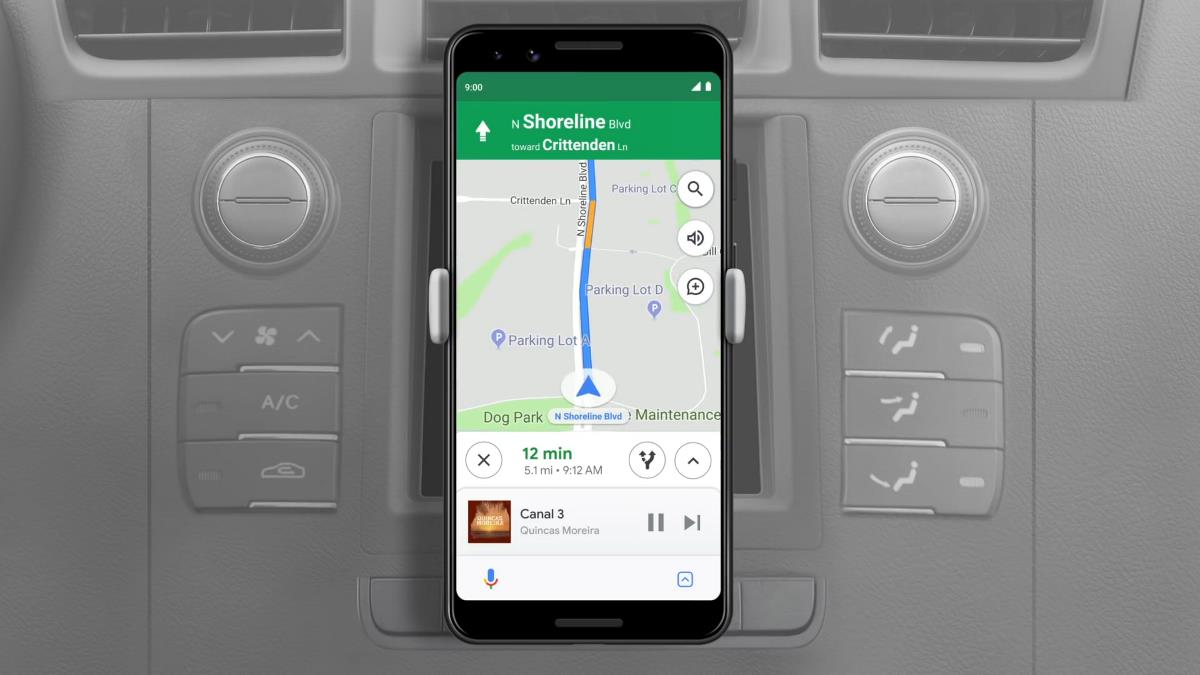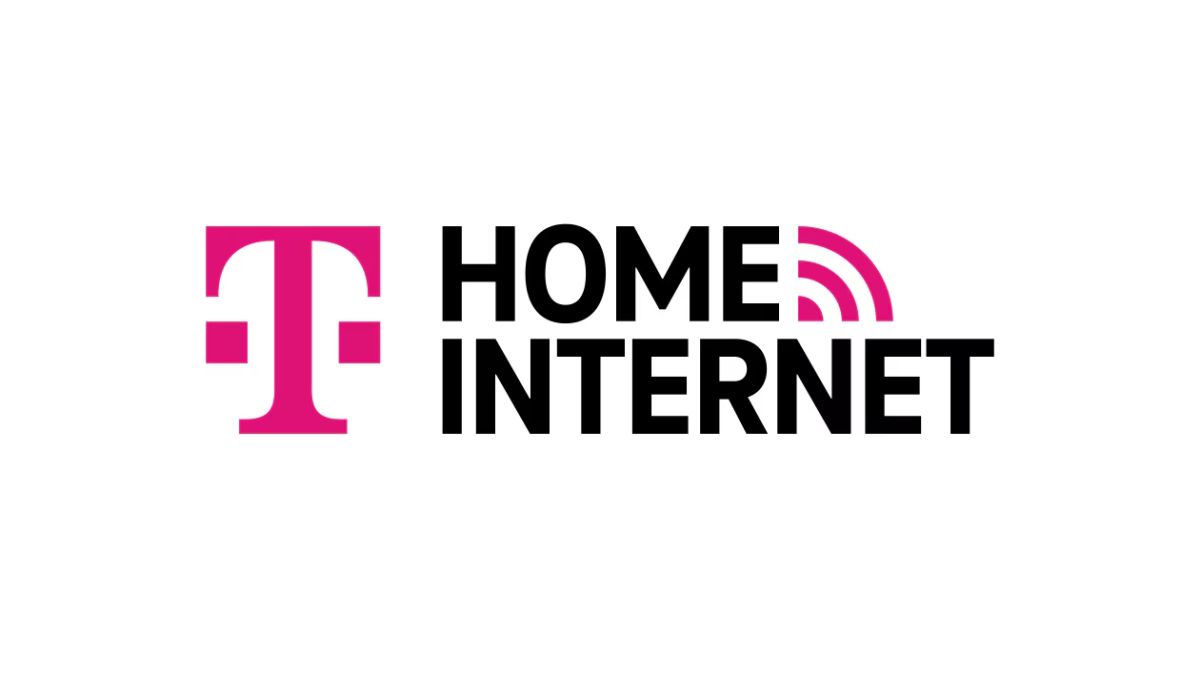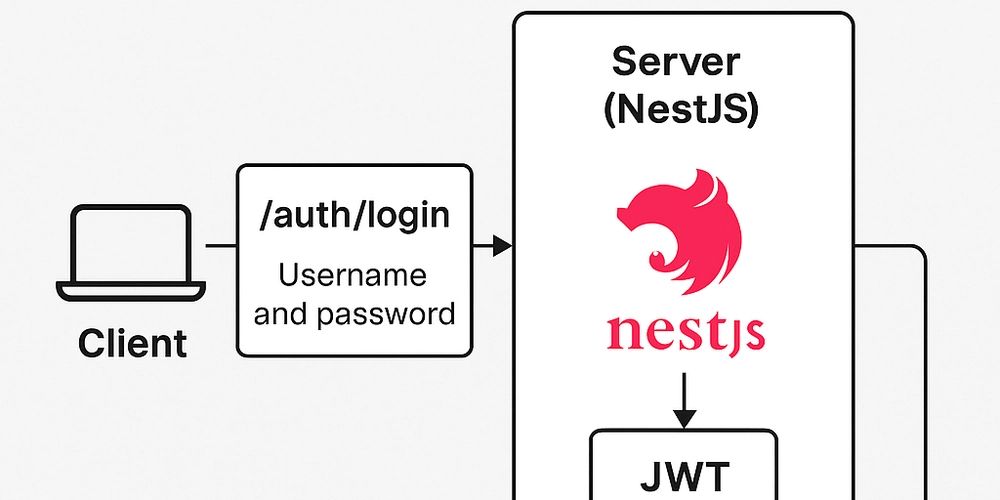Port 80 Explained: A Complete Guide
You must have heard the term port 80 if you browse the internet. Ever wondered what it is? Port 80 is an underlying infrastructure that brings searches to your screen, and most of the web traffic we rely upon daily depends on this Port. Everything that pops up on the World Wide Web is brought to the client by a Port. However, Port 80 is often a target for hackers; that's why it's important to understand what exactly it is and how the risks can be mitigated. Learn what port 80 is and how it runs the whole internet. Port 80 Definition Before we move forward to learn what Port 80 is, let's first have a quick overview of what a port is. A port serves as a communication endpoint in computer networking. It is employed to designate particular procedures or offerings. Through ports, many apps running on the same system can use the network's resources without interfering with one another. In simpler terms, ports facilitate network communication between different applications, which can be done quickly using the same network. They allow communication between processes that are executing on various systems. Here are some facts about Ports that might interest you: Ports range from 0 to 65535. You can open or close ports based on your security needs and preferences. Firewalls restrict access to ports so there is no unauthorized communication. This is why passwords allow you to access that communication by being authorized. The Operating System manages the ports, and they are software-based. Port 80 Usecases Hypertext Transfer Protocol (HTTP) commonly uses Port 80 for network traffic. HTTP is the underlying protocol for World Wide Web, which defines how all browsers request web pages from servers. Suppose you enter a URL in your browser to access some content from the Internet. Immediately, a message is sent to the server where that website is hosted to bring the result. Port 80 delivers that content by completing the user request and the server(website) request. Port 80 is the HTTP protocol's communication channel between the user and the server. Are HTTP websites safe to browse? Absolutely not; these websites are vulnerable to cyberattacks. Port 80 and HTTP? Port 80 has been the default for HTTP since its inception in the early 1990s. At that time, the only goal was to establish a standardized way for web browsers and servers to communicate. That's why encryption and data security were not as prominent concerns as they are today. However, as the prevalence of cyberattacks was seen growing continuously, the need for secure communication became apparent. So, Port 443 was developed to address security concerns by encrypting the data transferred between clients and servers. Most Common Uses of Port 80 Regular Web Content over HTTP is served by Port 80 across many networks and systems: Essential Websites If a website does not contain any sensitive data, it is called an essential website. Such a website can use Port 80 to serve its content. When you come across a small business website using HTTP protocol, it is hosted on Port 80. If there is a website about a personal blog, it is hosted on Port 80. Today, even significant websites use HTTPS by default, which benefits SEO and improves security. Port 80 can also redirect to an HTTPS site. Internet of Things (IoT) The term "Internet of Things" (IoT) describes a network of networked objects embedded with software, sensors, and other technologies to communicate and gather data, allowing for more intelligent and responsive interactions with the surroundings. These devices are Bluetooth speakers, OK Google, etc. Most devices would be hosted on Port 80 if you have a smart home. Small Servers Some significant servers use Port 80 to host themselves. These are servers that are remote or still in production processes. Two of the best examples for them are: Apache HTTP Server Nginx These servers are unencrypted and do not have sensitive information in their communication channels. This is why they are still hosting their information on Port 80. Another reason for this could be the traffic driven by Port 80. Internet Hardware Devices Port 80 is also used for managing networking for some hardware devices, like: Routers, Switches, Printers, and access points. Management Tools with Remote Access. Appliances like load balancers and proxies. However, more advanced hardware is transitioning to secure protocols like HTTPS. When to Use Port 80? Port 80 is widely known for its ease and convenience. Even though it poses a severe security threat, if your website is unfazed by such threats as a Blogging or small business website, you can opt for Port 80. It also has the following benefits: Read the full post here - https://certera.com/blog/what-is-port-80-everything-to-know-about/

You must have heard the term port 80 if you browse the internet. Ever wondered what it is?
Port 80 is an underlying infrastructure that brings searches to your screen, and most of the web traffic we rely upon daily depends on this Port. Everything that pops up on the World Wide Web is brought to the client by a Port.
However, Port 80 is often a target for hackers; that's why it's important to understand what exactly it is and how the risks can be mitigated.
Learn what port 80 is and how it runs the whole internet.
Port 80 Definition
Before we move forward to learn what Port 80 is, let's first have a quick overview of what a port is.
A port serves as a communication endpoint in computer networking. It is employed to designate particular procedures or offerings. Through ports, many apps running on the same system can use the network's resources without interfering with one another.
In simpler terms, ports facilitate network communication between different applications, which can be done quickly using the same network. They allow communication between processes that are executing on various systems.
Here are some facts about Ports that might interest you:
- Ports range from 0 to 65535.
- You can open or close ports based on your security needs and preferences.
- Firewalls restrict access to ports so there is no unauthorized communication. This is why passwords allow you to access that communication by being authorized.
- The Operating System manages the ports, and they are software-based.
Port 80 Usecases
Hypertext Transfer Protocol (HTTP) commonly uses Port 80 for network traffic. HTTP is the underlying protocol for World Wide Web, which defines how all browsers request web pages from servers.
Suppose you enter a URL in your browser to access some content from the Internet. Immediately, a message is sent to the server where that website is hosted to bring the result.
Port 80 delivers that content by completing the user request and the server(website) request. Port 80 is the HTTP protocol's communication channel between the user and the server.
Are HTTP websites safe to browse? Absolutely not; these websites are vulnerable to cyberattacks.
Port 80 and HTTP?
Port 80 has been the default for HTTP since its inception in the early 1990s. At that time, the only goal was to establish a standardized way for web browsers and servers to communicate. That's why encryption and data security were not as prominent concerns as they are today.
However, as the prevalence of cyberattacks was seen growing continuously, the need for secure communication became apparent. So, Port 443 was developed to address security concerns by encrypting the data transferred between clients and servers.
Most Common Uses of Port 80
Regular Web Content over HTTP is served by Port 80 across many networks and systems:
Essential Websites
If a website does not contain any sensitive data, it is called an essential website. Such a website can use Port 80 to serve its content. When you come across a small business website using HTTP protocol, it is hosted on Port 80. If there is a website about a personal blog, it is hosted on Port 80.
Today, even significant websites use HTTPS by default, which benefits SEO and improves security. Port 80 can also redirect to an HTTPS site.
Internet of Things (IoT)
The term "Internet of Things" (IoT) describes a network of networked objects embedded with software, sensors, and other technologies to communicate and gather data, allowing for more intelligent and responsive interactions with the surroundings.
These devices are Bluetooth speakers, OK Google, etc. Most devices would be hosted on Port 80 if you have a smart home.
Small Servers
Some significant servers use Port 80 to host themselves. These are servers that are remote or still in production processes. Two of the best examples for them are:
- Apache HTTP Server
- Nginx
These servers are unencrypted and do not have sensitive information in their communication channels. This is why they are still hosting their information on Port 80. Another reason for this could be the traffic driven by Port 80.
Internet Hardware Devices
Port 80 is also used for managing networking for some hardware devices, like:
- Routers, Switches, Printers, and access points.
- Management Tools with Remote Access.
- Appliances like load balancers and proxies.
However, more advanced hardware is transitioning to secure protocols like HTTPS.
When to Use Port 80?
Port 80 is widely known for its ease and convenience. Even though it poses a severe security threat, if your website is unfazed by such threats as a Blogging or small business website, you can opt for Port 80. It also has the following benefits:
Read the full post here - https://certera.com/blog/what-is-port-80-everything-to-know-about/


































































































































































![[The AI Show Episode 143]: ChatGPT Revenue Surge, New AGI Timelines, Amazon’s AI Agent, Claude for Education, Model Context Protocol & LLMs Pass the Turing Test](https://www.marketingaiinstitute.com/hubfs/ep%20143%20cover.png)














































































































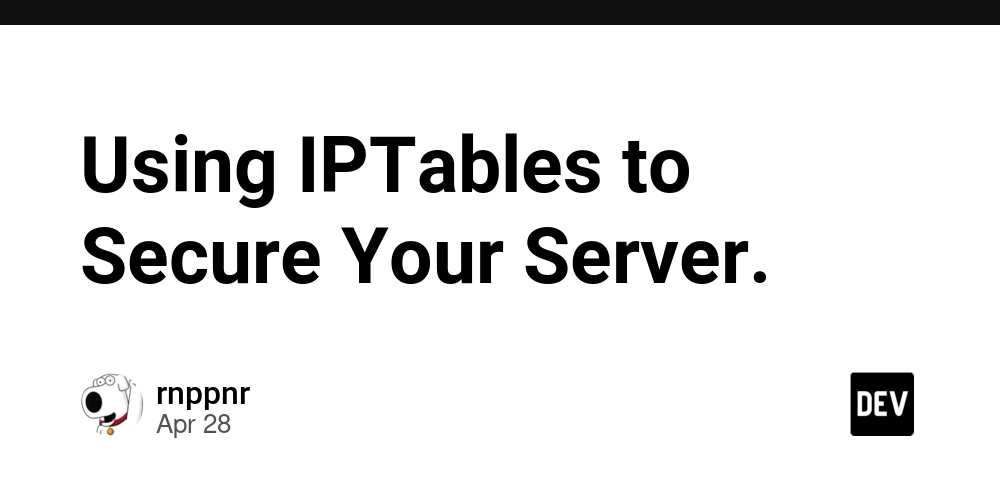













































































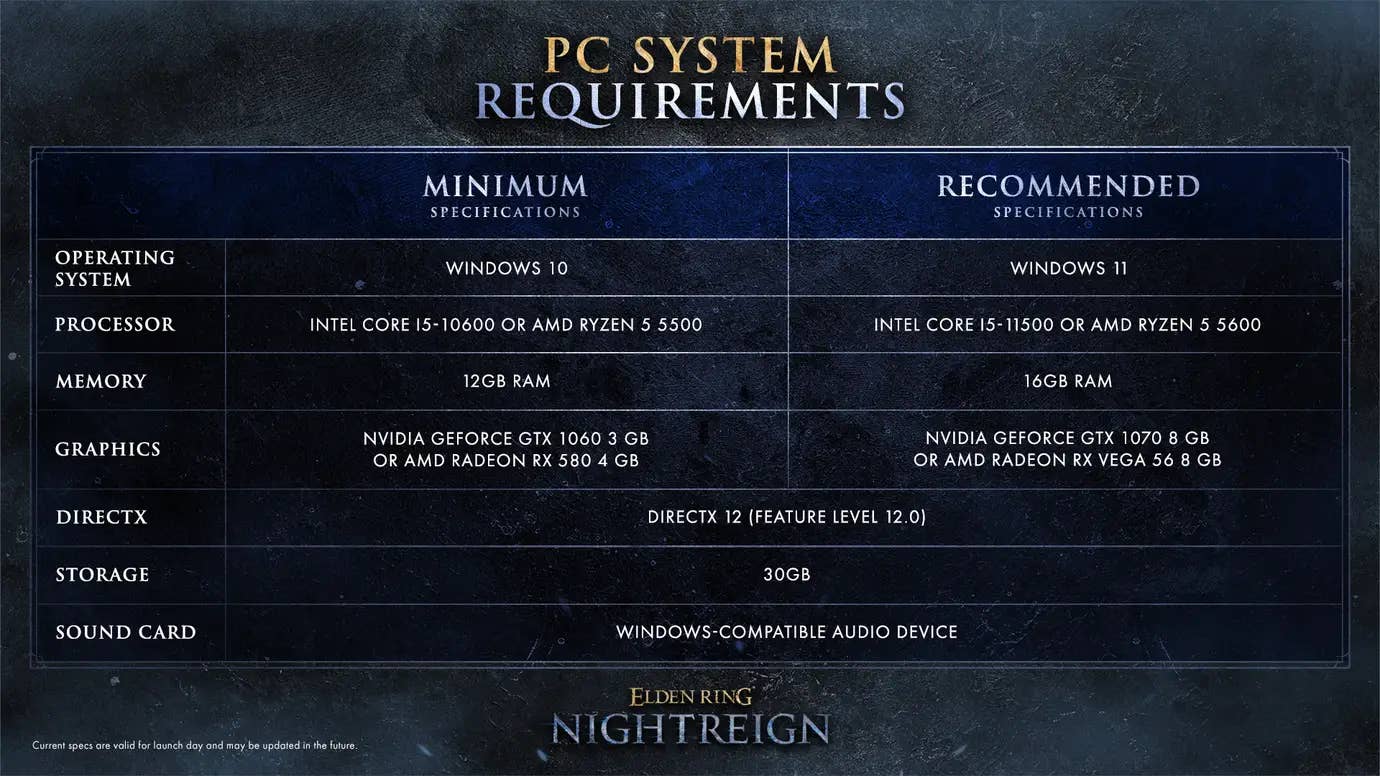















































.jpg?#)




























_Muhammad_R._Fakhrurrozi_Alamy.jpg?width=1280&auto=webp&quality=80&disable=upscale#)
_NicoElNino_Alamy.jpg?width=1280&auto=webp&quality=80&disable=upscale#)






































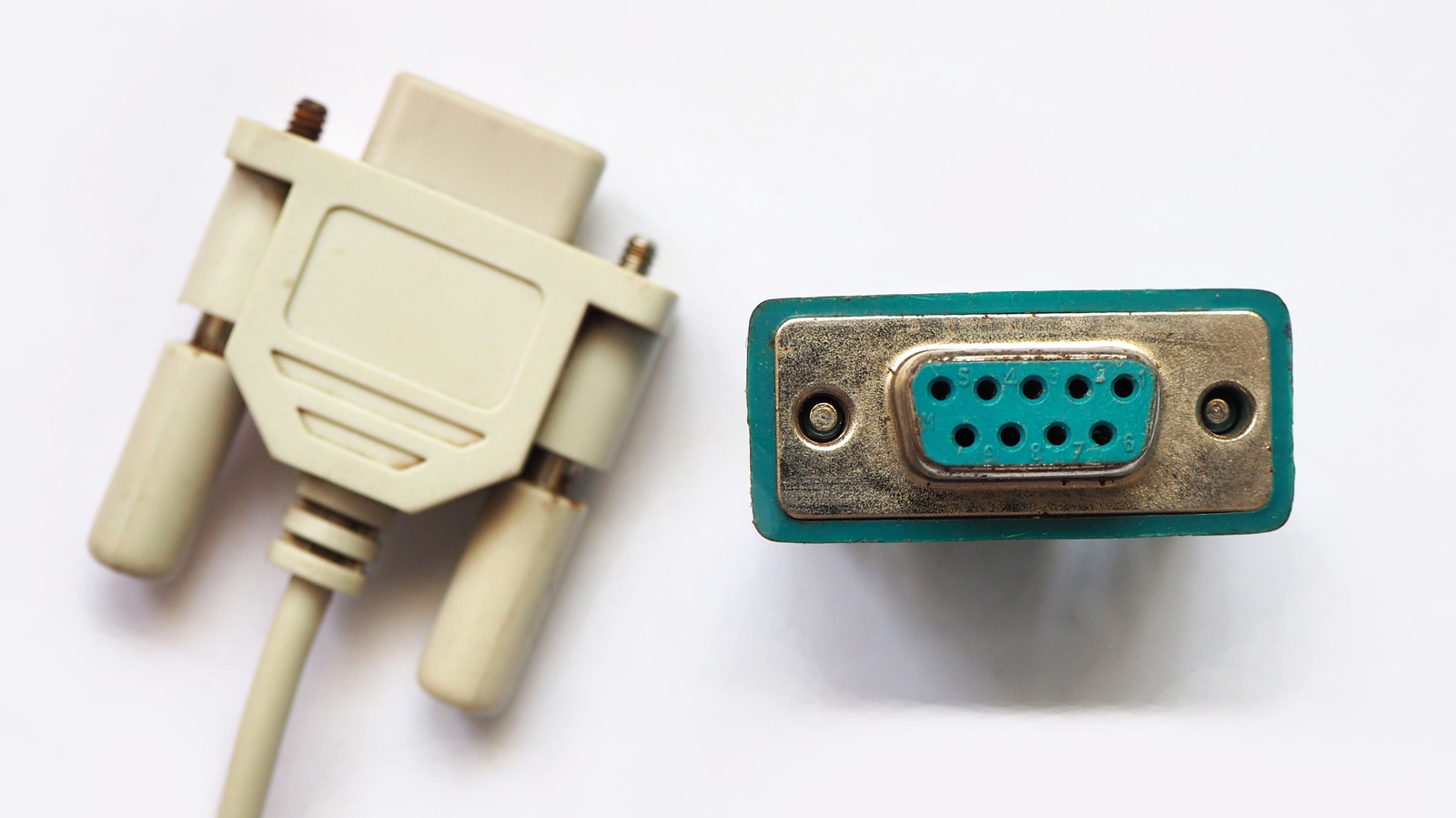

















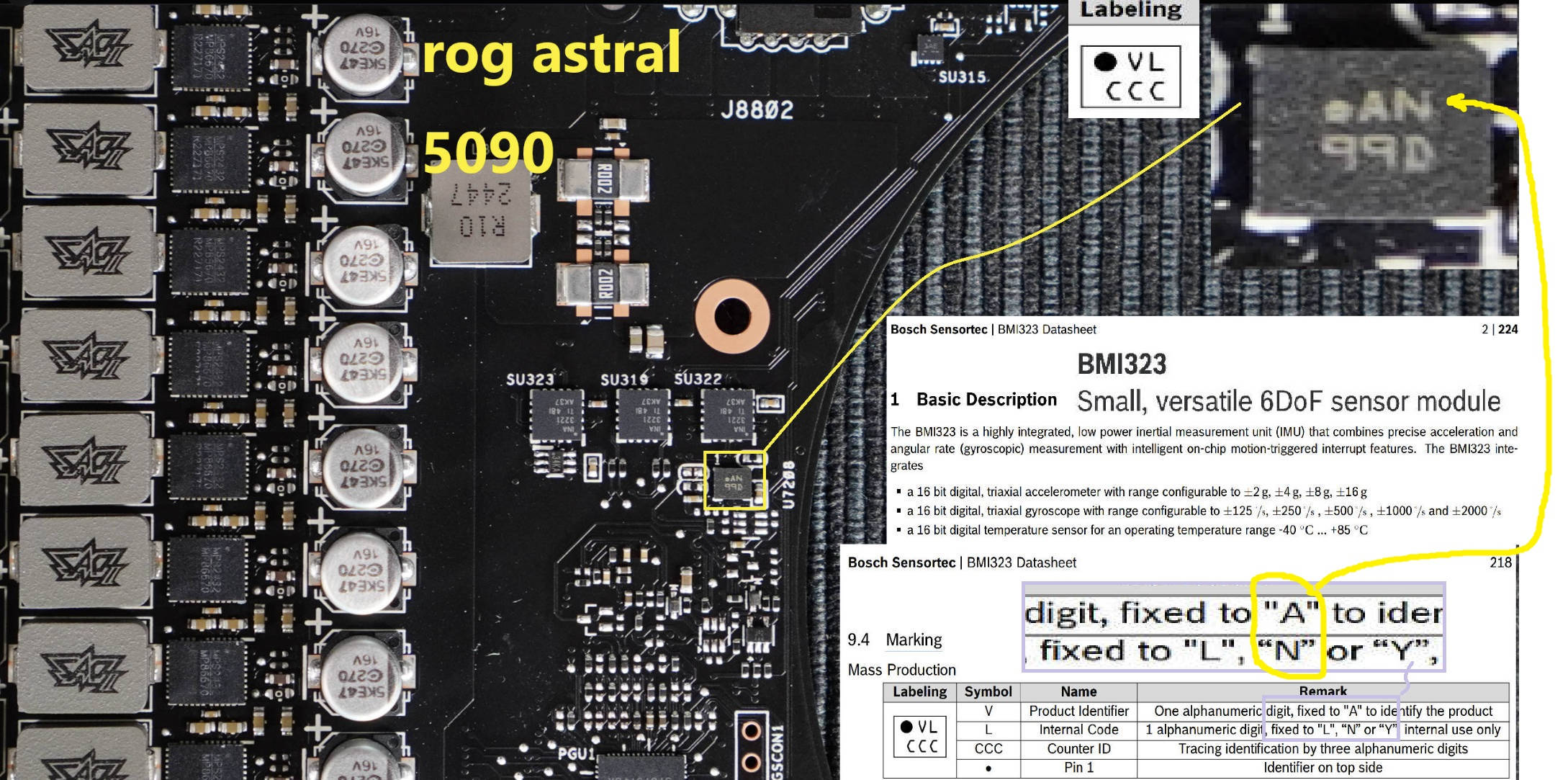



















































![New iPad 11 (A16) On Sale for Just $299! [Lowest Price Ever]](https://www.iclarified.com/images/news/97144/97144/97144-640.jpg)

![M4 MacBook Air Drops to Just $849 - Act Fast! [Lowest Price Ever]](https://www.iclarified.com/images/news/97140/97140/97140-640.jpg)
![Apple Smart Glasses Not Close to Being Ready as Meta Targets 2025 [Gurman]](https://www.iclarified.com/images/news/97139/97139/97139-640.jpg)





















